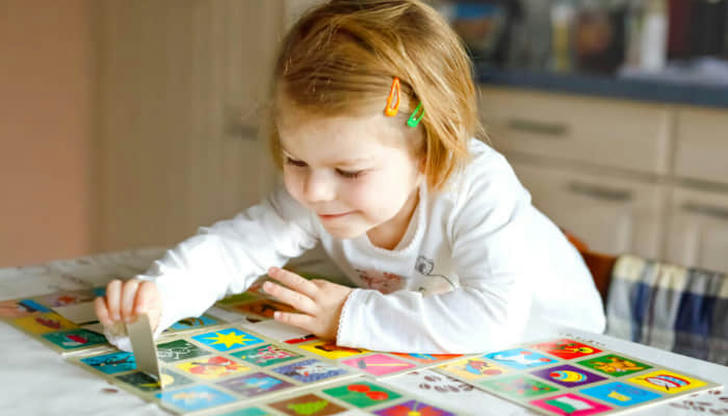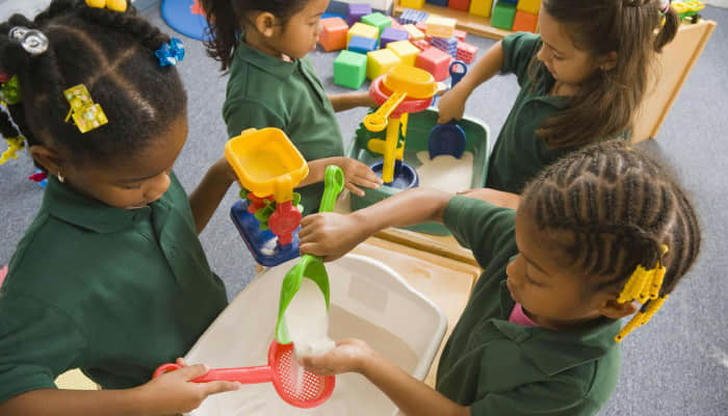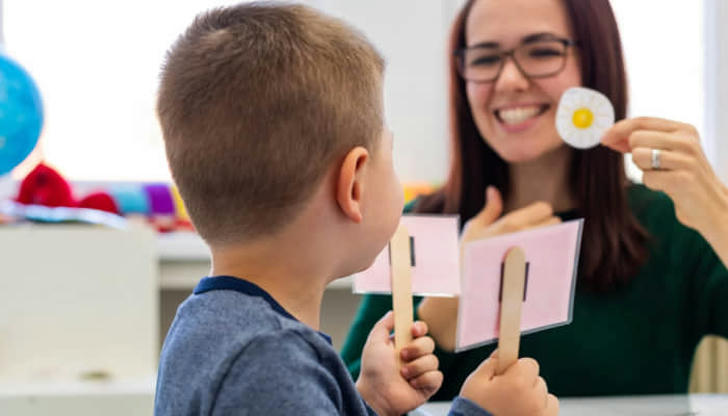How to Cultivate Children's Memory? Try These 8 Effective Strategies

Having a good memory is something to be grateful for and proud of. A good memory is like a universal pass, enabling children to achieve academic success faster and better, learn new languages quickly, and even aid in problem-solving and creativity development. In dangerous situations, children with good memories can remember their parents' phone numbers, home addresses, and various emergency contact numbers. When someone has a poor memory, everything they do can become difficult. A good memory means being able to retrieve needed information more quickly.
Parents need not worry excessively; some children are naturally gifted with a good memory, but it can also be cultivated over time. In this article, we will introduce 8 scientifically recommended methods that parents can naturally integrate into daily life to help improve their children's memory.
1. Create a Memory-Friendly Environment

An organized and tidy environment can significantly enhance a child's ability to concentrate and remember information. Consider creating a dedicated study space at home, minimizing distractions, and equipping it with proper lighting and comfortable seating. Include some educational games and books that the child likes. Ensure the child feels a different ambiance in this space compared to the living room or bedroom, helping them settle down and immerse themselves in their studies.
2. Teach Mnemonics

Mnemonics are memory aids that simplify complex information into easy-to-remember phrases or acronyms, helping your child retain information. Examples of mnemonics include:
Acronyms: Using the first letter of each word to create a new word (e.g., the Great Lakes can be remembered by the acronym "HOMES" for Huron, Ontario, Michigan, Erie, and Superior).
Acronym Sentences: Creating a memorable sentence using the first letter of each word (e.g., "Every Good Boy Does Fine" represents the notes on the treble clef).
3. Encourage Active Learning

Active learning involves engaging children in activities that require them to actively process information rather than passively receive it. Ask questions in daily life and encourage everyone to join the discussion. This stimulates the child's thinking and participation. Make learning fun and integrate it into daily life, cultivating active learning habits before the child starts school. Through active learning, your child is more likely to retain information and improve memory.
4. Implement Multi-Sensory Methods

Multi-sensory learning involves using multiple senses (e.g., visual, auditory, tactile) during the learning process. Studies show that combining multiple senses enhances memory and makes learning more enjoyable. For example, when teaching letters and words, use teaching aids and pictures, or involve the child in hands-on activities like cooking breakfast or planting a tree. During these activities, teach them new knowledge. If you want your child to remember more animals and plants, point them out during walks and tell them what they are.
5. The Power of Visualization

Visualization involves creating mental images to represent information. Encourage your child to visualize the concepts they are learning. This helps them understand and remember the material better. After starting school, help them develop the habit of drawing charts or mind maps to summarize knowledge in a visual form rather than just listing it. Encourage them to write down goals and cross off tasks as they complete them, ideally with some reward mechanisms. This way, the child will intentionally remember daily tasks and the knowledge they need to learn.
6. Repetition and Review

Without timely repetition, the material we learn will be quickly forgotten, according to the Ebbinghaus forgetting curve. Regular repetition and review are crucial for enhancing a child's memory. By revisiting material multiple times, your child can strengthen neural connections, making it easier to recall information.
7. Chunking Information

Breaking information down into smaller, more manageable chunks can make it easier for your child to remember. This process, known as chunking, can be applied to various subjects, from math problems to reading passages. Group similar items or concepts together and break complex tasks into smaller steps, focusing on one part before moving on to the next.
8. Promote a Healthy Lifestyle

A healthy lifestyle is essential for optimal brain function and memory. Adequate sleep helps improve cognitive abilities, exercise promotes oxygen flow to the brain, and a diet rich in vitamins, minerals, antioxidants, healthy fats, and proteins supports brain development and function. This is especially important for growing children.
By integrating these methods into daily life, parents can help their children improve their memory, leading to better academic performance, enhanced problem-solving skills, and overall cognitive development.

